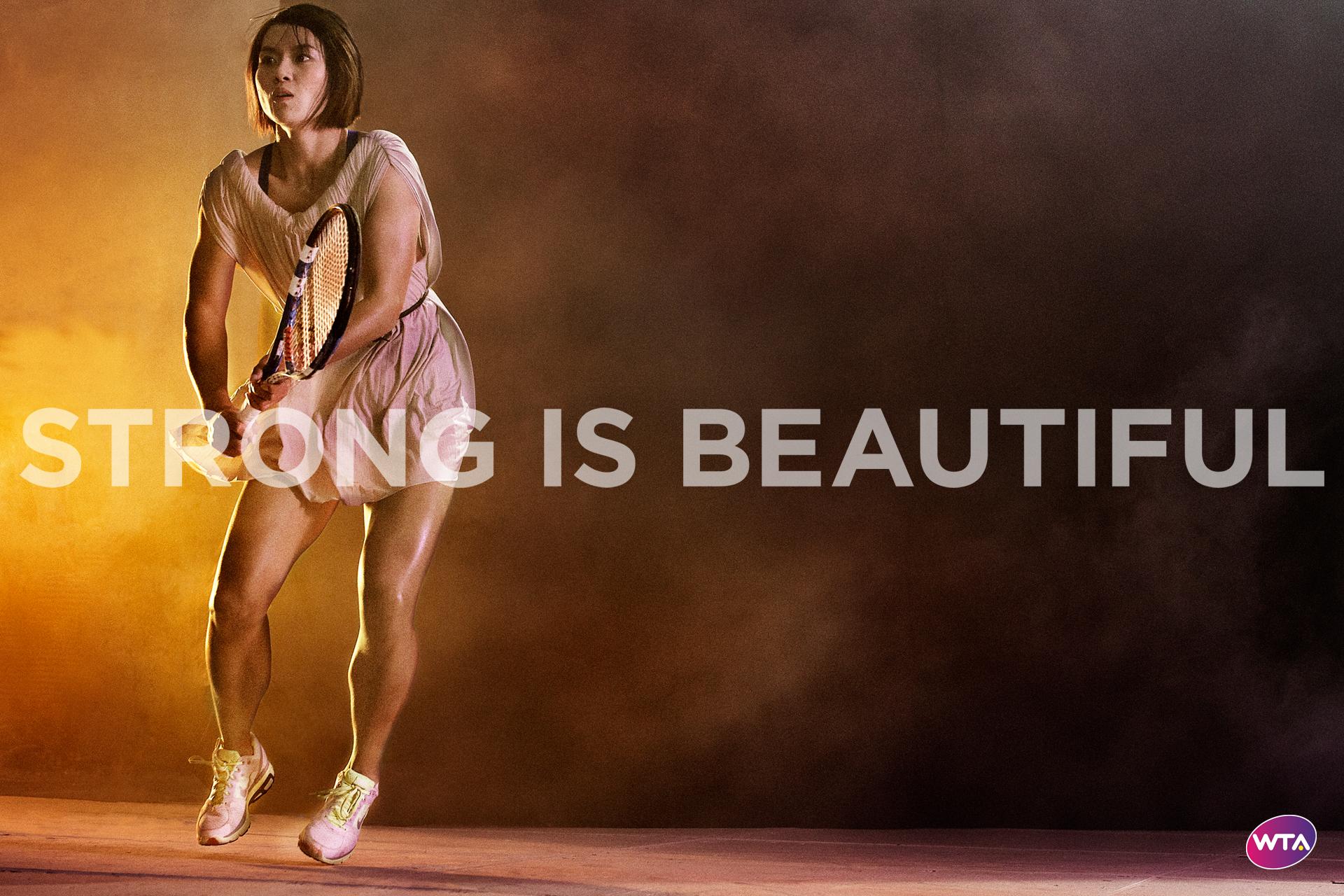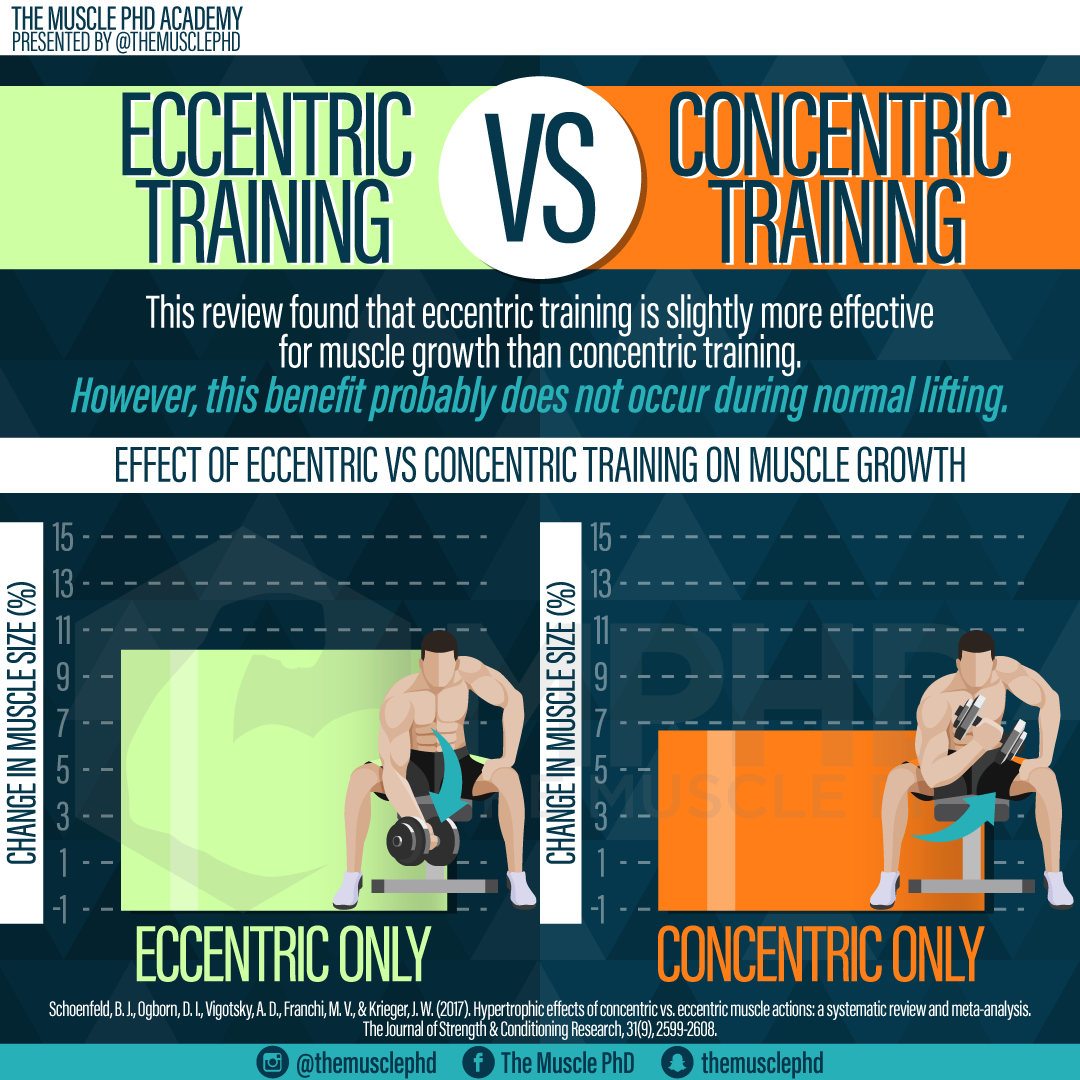
Strong Is Beautiful: Celebrating Women in Strength Training
In recent years, the fitness industry has seen a remarkable shift—a shift where women are not only participating in fitness regimes but also leading the conversation. Fitness for women goes beyond just aesthetics; it encompasses health, well-being, strength, and empowerment. As more women pick up weights, participate in endurance sports, and prioritize their wellness, it’s essential to delve into the various aspects of fitness that cater specifically to women.
The Importance of Fitness for Women
Fitness plays a crucial role in women’s lives for a multitude of reasons. The benefits go well beyond physical appearance and have profound implications on mental health, emotional resilience, and overall quality of life.
- Physical Health: Regular physical activity reduces the risk of chronic diseases such as heart disease, diabetes, and obesity.
- Mental Health: Exercise is known to reduce symptoms of anxiety and depression, boosting mood through the release of endorphins.
- Strength & Confidence: Building muscle and entering fitness competitions can enhance self-esteem and body image.
- Social Connections: Joining fitness classes or teams fosters social connections and community support.
- Empowerment: Achieving fitness goals instills a sense of accomplishment and empowerment in women from all walks of life.
Understanding Fitness Needs
Every woman’s fitness journey is unique and influenced by various factors including age, body type, lifestyle, and fitness goals. Recognizing these differences ensures that fitness plans are both effective and enjoyable. Let’s break down different fitness paths that women typically explore.
1. Strength Training
Strength training is often misunderstood as purely a means to build muscle for aesthetic purposes. However, for women, it can be an exhilarating and empowering experience.
- Benefits: Increases bone density, boosts metabolism, improves posture and balance, and enhances overall strength.
- Methods: Free weights, resistance bands, circuit training, and bodyweight exercises contribute to a varied routine.
2. Cardiovascular Fitness
Cardiovascular fitness is vital for heart health and weight management. Women can engage in various forms of cardio workouts tailored to their preferences.
- Activities: Running, cycling, swimming, dance classes, and high-intensity interval training (HIIT).
- Frequency: It’s recommended that adults get at least 150 minutes of moderate aerobic activity or 75 minutes of vigorous activity each week.
3. Flexibility and Mind-Body Connection
Flexibility training is equally important and contributes to an overall fitness regime that supports long-term health.
- Practices: Yoga and Pilates improve flexibility, reduce stress, and enhance mental clarity.
- Benefits: Improved flexibility reduces the risk of injury, increases range of motion, and promotes relaxation.
4. Nutrition and Recovery
No fitness journey is complete without addressing proper nutrition and recovery. Women require a balanced diet that supports their activity levels.
- Macronutrients: Carbohydrates, proteins, and healthy fats should be consumed in appropriate ratios to support energy levels and muscle recovery.
- Hydration: Staying hydrated is essential for optimal performance and recovery.
- Rest: Recovery time allows the body to heal and strengthen, making rest days just as important as workout days.
Overcoming Barriers to Fitness
Many women encounter barriers that can hinder their fitness journey. Understanding these barriers is the first step towards overcoming them.
- Time Constraints: Juggling work, family, and personal life can make it challenging to find time for fitness.
- Motivation: Finding the drive to start or continue a fitness regimen can often feel daunting.
- Self-Doubt: Many women struggle with feelings of inadequacy, comparing themselves to others.
To combat these barriers, women can:
- Set realistic goals.
- Engage with supportive communities or partners.
- Create a flexible workout schedule.
- Focus on personal progress rather than comparison.
Finding a Supportive Community
A significant part of a successful fitness journey for women is the support they receive. Encouragement from friends, family, and trainers can enhance motivation and dedication to fitness goals.
- Group Classes: Joining group fitness classes can offer camaraderie and accountability.
- Online Communities: Digital platforms provide spaces for women to share their journeys, tips, and challenges.
- Professional Trainers: Hiring a trainer who understands the unique needs of women can provide tailored workouts and guidance.
Empowering Women Through Fitness: Inspiring Stories
Personal stories of women who’ve transformed their lives through fitness can serve as powerful motivation. Here are some incredible examples:
- Athletic Competitor: A woman who transitioned from a sedentary lifestyle to competing in fitness competitions reflects on her journey of discipline and strength.
- Weight Loss Success: Stories of individuals who have lost significant weight highlight the emotional and physical transformations that come with fitness.
- Overcoming Illness: Women who have overcome health issues through dedicated fitness regimes illustrate the resilience and healing power of fitness.
Conclusion
The fitness journey for women is multifaceted, rich with challenges and triumphs. It’s a journey towards empowerment, improved health, and self-discovery. By focusing on strength training, cardiovascular fitness, nutrition, and community support, women can continue to redefine what it means to be fit. They can inspire each other, break barriers, and celebrate the shared experiences that come with being a part of such a vibrant community. Ultimately, every woman deserves to embrace her fitness journey and to feel empowered, strong, and confident in her body.
FAQs
- What are the best exercises for women just starting?
- For beginners, bodyweight exercises like squats, lunges, push-ups, and basic core exercises are excellent. Additionally, incorporating brisk walking, cycling, or swimming can build cardiovascular fitness.
- How can I stay motivated to work out consistently?
- Setting specific, measurable goals, establishing a routine, finding a workout buddy, and mixing up your workout routine can enhance motivation. Also, keeping a journal of progress can be inspiring.
- How important is nutrition in a fitness plan?
- Nutrition is crucial as it provides the energy needed for workouts and aids recovery. A balanced diet rich in whole foods will support fitness goals and overall health.
- Can I lose weight just by exercising without changing my diet?
- While exercise contributes to weight loss, combining it with a healthy diet is typically more effective. Nutrition plays a vital role in creating a caloric deficit necessary for weight loss.
- Where can I find resources for women’s fitness training?
- Many websites, apps, and online communities focus on women’s fitness. Consider checking platforms such as fitness blogs, YouTube channels, and social media groups dedicated to women’s health. Also, consult with certified personal trainers who specialize in women’s fitness.
Fitness women embody strength, resilience, and determination, breaking the stereotypes associated with femininity and physicality. In recent years, a significant cultural shift has emerged, empowering women to embrace fitness not just as a means of aesthetic improvement but as a holistic approach to well-being. This transformation is evidenced by the growing participation of women in various sports, weightlifting, and outdoor activities, highlighting an increased focus on health, vitality, and self-empowerment.
The rise of social media platforms has played a pivotal role in amplifying the voices and stories of fitness women worldwide. Influencers and athletes share their journeys, workouts, and nutrition tips, creating a community that inspires others. This access to diverse role models encourages women to set and pursue their fitness goals, regardless of their starting point. Whether it’s through high-intensity interval training, yoga, or martial arts, women are increasingly finding their niches, building confidence, and redefining what it means to be fit.
Moreover, the impact of fitness on mental health cannot be overstated. For many women, engaging in physical activity serves as a powerful outlet for stress relief and emotional well-being. Regular exercise is known to boost mood, enhance self-esteem, and promote a sense of accomplishment. Fitness women often advocate for mental health awareness within the fitness community, emphasizing that a healthy lifestyle is not just about physical appearance but also about nurturing the mind and spirit. This commitment to holistic health fosters a supportive environment where women can thrive both physically and emotionally.
In addition to personal benefits, fitness women play an essential role in challenging societal norms and expectations. They are reshaping the narrative surrounding women and strength, demonstrating that femininity is not synonymous with weakness. As more women participate in competitive sports and achieve remarkable feats of strength and endurance, they inspire future generations to embrace their capabilities without fear of judgment. This empowerment extends beyond individualism; it fosters a collective movement toward gender equality in athletics and encourages women to take space in arenas traditionally dominated by men.
Lastly, fitness women are not only champions of personal and collective empowerment but also advocates for body positivity and diversity within the fitness industry. They are promoting the idea that fitness comes in all shapes, sizes, and abilities, pushing back against narrow standards of beauty. Through their advocacy, fitness women emphasize that health is a personal journey defined by individual goals rather than societal pressures. This shift toward inclusivity is vital in creating a more welcoming and representative fitness culture, allowing all women to find joy in movement and health without comparison. In celebrating their journeys, fitness women are paving the way for a brighter, more inclusive future for all.








